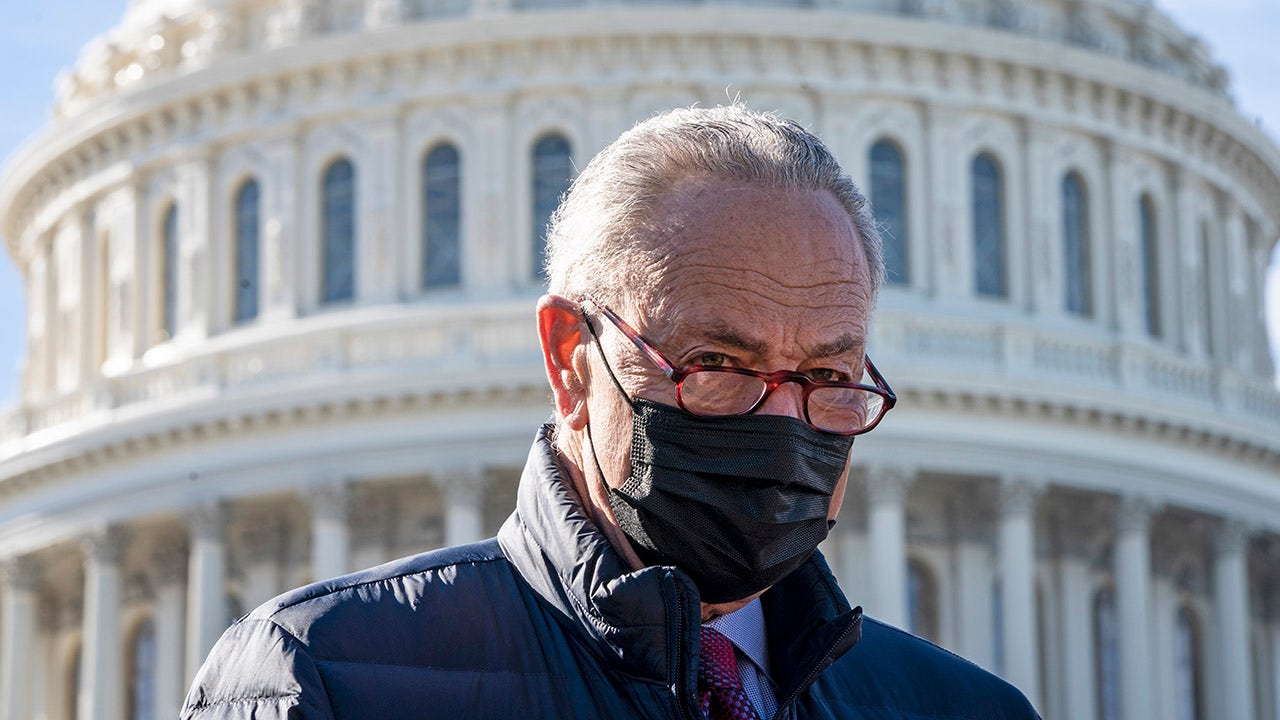Oceanslider
Known around here


Wants you to pay mileage tax....
one of the youtube comments. "he's like... Can you please take off the seat, I'm fine with just the post"


Wants you to pay mileage tax....


In some way agree, but don't agree on how he frames Jesus.. "Jesus Christ—the itinerant preacher and revolutionary activist"A good read when you have time

Stand Up to Tyranny: How to Respond to the Evils of Our Age | By John W. Whitehead & Nisha Whitehead
Much like the American Empire today, the Roman Empire of Jesus’ day was characterized by secrecy, surveillance, a widespread police presence, a citizenry treated like suspects with little recourse against the police state, perpetual wars, a military empire, martial law, and political retribution...www.rutherford.org
In some way agree, but don't agree on how he frames Jesus.. "Jesus Christ—the itinerant preacher and revolutionary activist"
John 1:1 In the beginning was the Word, and the Word was with God, and the Word was God.
John 1:14 And the Word became flesh and dwelt among us...
Gee, that's too bad. I wonder how many times in the past this has happened and NEVER reported. Your fucked on Fakebook. Sukerberg started this company by screwing his friends that help start it.And the 3rd and last big company for today that laughs at you while you use their service and they make billions $ off of your information, just got hacked.

533 million Facebook users' phone numbers and personal data have been leaked online
The data includes phone numbers, Facebook IDs, full names, locations, birthdates, bios, and, in some cases, email addresses.www.businessinsider.com
Farcebook is laughing their ass off at you
And the 3rd and last big company for today that laughs at you while you use their service and they make billions $ off of your information, just got hacked.

533 million Facebook users' phone numbers and personal data have been leaked online
The data includes phone numbers, Facebook IDs, full names, locations, birthdates, bios, and, in some cases, email addresses.www.businessinsider.com
Farcebook is laughing their ass off at you

it’s really a shame because the people who share, provide some great content. I have really enjoyed much of what is shared on YouTube. I just wish there was a non-Marxist controlled version of YouTube.Youtube is a liberal Nazi propaganda organization. They laugh at you when you give them content they can monetize.
Dont support them
Coming soon to a U.S. of A. near you.......
Father jailed after referring to biological female child as his daughter
The warrant was issued by a judge for the arrest of a father after calling his biological female child his “daughter,” and referring to her with the pronouns “she” and “her.” He was found to be in contempt of court.thepostmillennial.com




